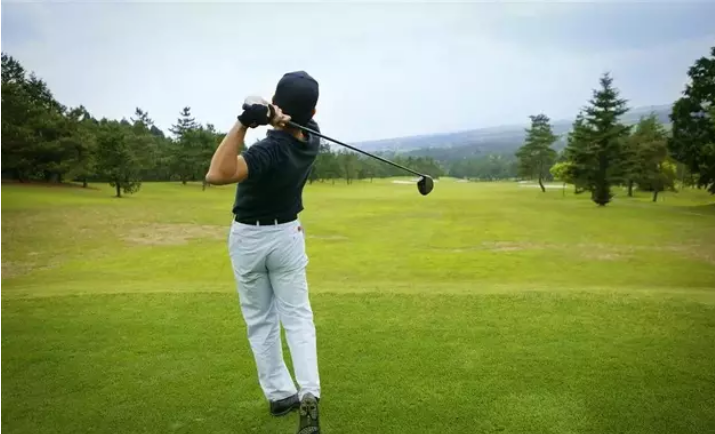As the saying goes: "As long as the skill is deep, the iron rod is ground into a needle." The most focused part of the first golfer is constant practice. "Repeat, repeat, repeat again, so that your upswing and downswing can achieve zero-error shots like a machine." This sentence is also used as a golden sentence by some veterans of golf. Although the original intention is good, it may not produce the desired result.
The most common mistake made by beginner golfers in practice is to try to incorporate "mechanical" swings into repetitive practice. PGA professional players will make reasonable use of practice time to consolidate batting skills and enhance self-confidence. So, what different results can be produced between these?
A common mistake many ordinary golfers make is to fill up the ball on the practice field, place the aiming line on the green carpet, and take out a number 7. The iron rod then repeatedly hits the ball without stopping, trying to hit a perfect shot with the same target and the same trajectory. They believe that the more times the ball is hit, the greater the retention of memory of the muscles. They believe that they can perfectly transfer the skills learned on the practice field to the game, and believe that they can achieve a perfect mechanical swing with zero errors in the actual next game.

After practicing for a long time, it didn’t help much, so why doesn’t it work?
First of all, there is a huge psychological difference between playing in the practice field and playing in the actual end. If you make a mistake when you hit the ball in the practice range, there will be almost no loss, just play the next ball again. But on a real court, you not only have to face challenges from the design of the court, such as the lake in front of the tee, the big trees by the fairway, the bunkers by the green, etc., you also need to withstand tremendous mental pressure. You want to do better and make a perfect shot, but all you need to do is to perform better than your fellow players. This is where the real pressure lies.
Therefore, there is not much correlation between "mechanical repetitive practice" and "good results in the competition", which is why you are mechanically in the driving range day and night. Hard training does not necessarily lead to good results.